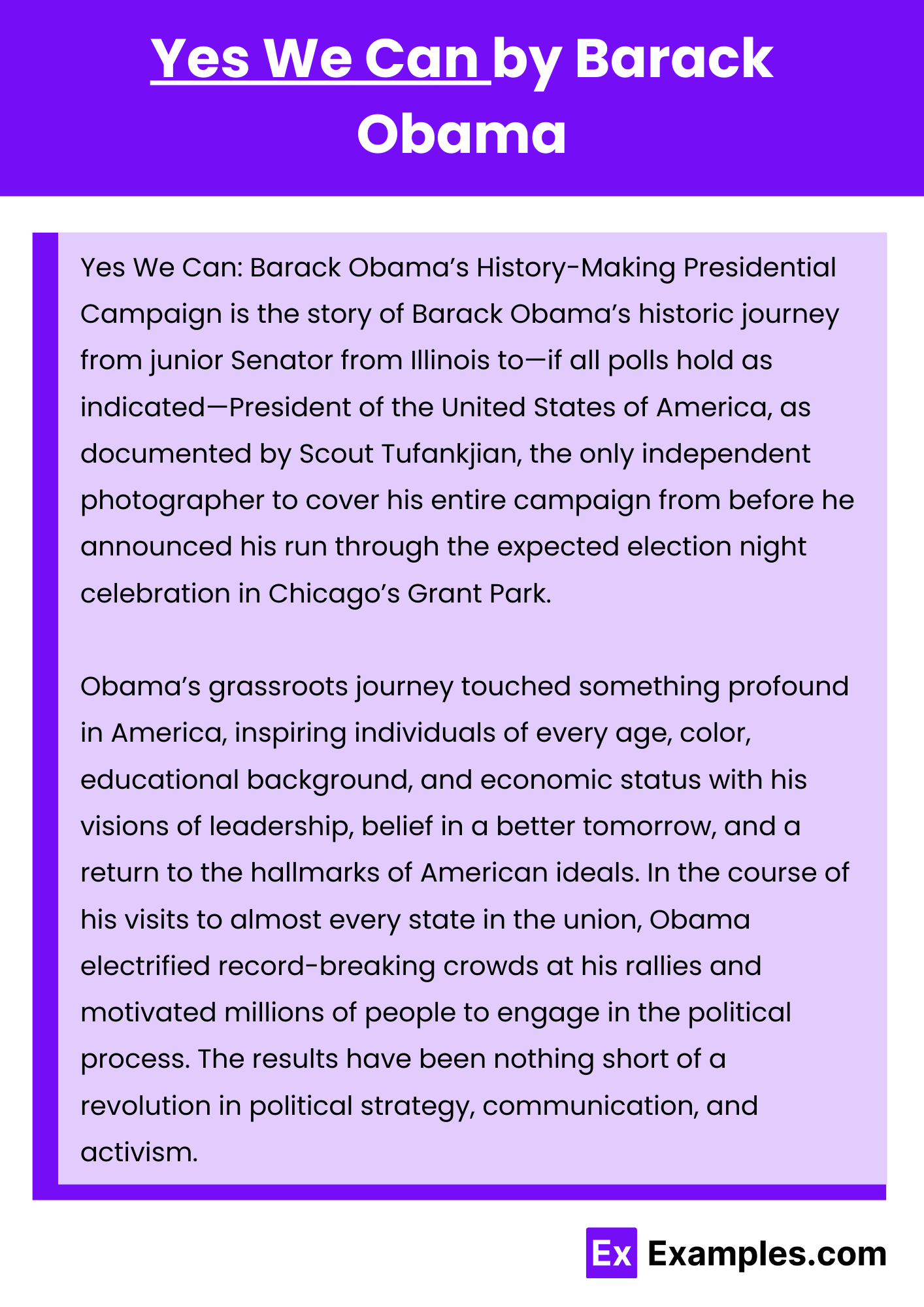[Your Name]
[Your Address]
[City, State, Zip Code]
[Email Address]
[Phone Number]
[Date]
[Bank Manager’s Name]
[Bank Name]
[Bank Address]
[City, State, Zip Code]
Dear [Bank Manager’s Name],
I hope this letter finds you well. I am writing to formally report an error regarding a recent fund transfer from my account with [Bank Name].
Details of the Transaction:
- Account Holder Name: [Your Name]
- Account Number: [Your Account Number]
- Date of Transaction: [Date of the Wrong Transfer]
- Amount Transferred: [Amount Transferred]
- Incorrect Beneficiary’s Name: [Name of the Beneficiary]
- Incorrect Beneficiary’s Account Number: [Account Number of the Beneficiary]
- Intended Beneficiary’s Name: [Name of the Intended Beneficiary]
- Intended Beneficiary’s Account Number: [Account Number of the Intended Beneficiary]
Unfortunately, I mistakenly transferred funds to the wrong account. I kindly request your assistance in rectifying this error and facilitating the return of the funds to my account.
I have attached relevant documentation, including transaction receipts and account details, for your reference. Please let me know if you require any additional information or forms to process this request.
Thank you for your prompt attention to this matter. I appreciate your assistance in resolving this issue.
Sincerely,
[Your Name]
[Your Signature (if sending a hard copy)]









